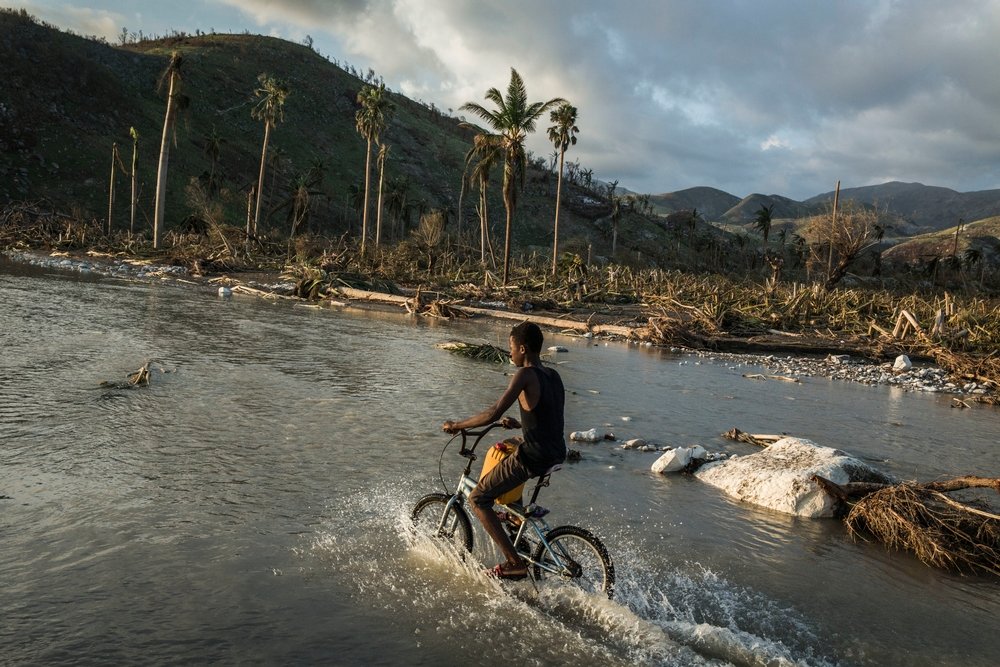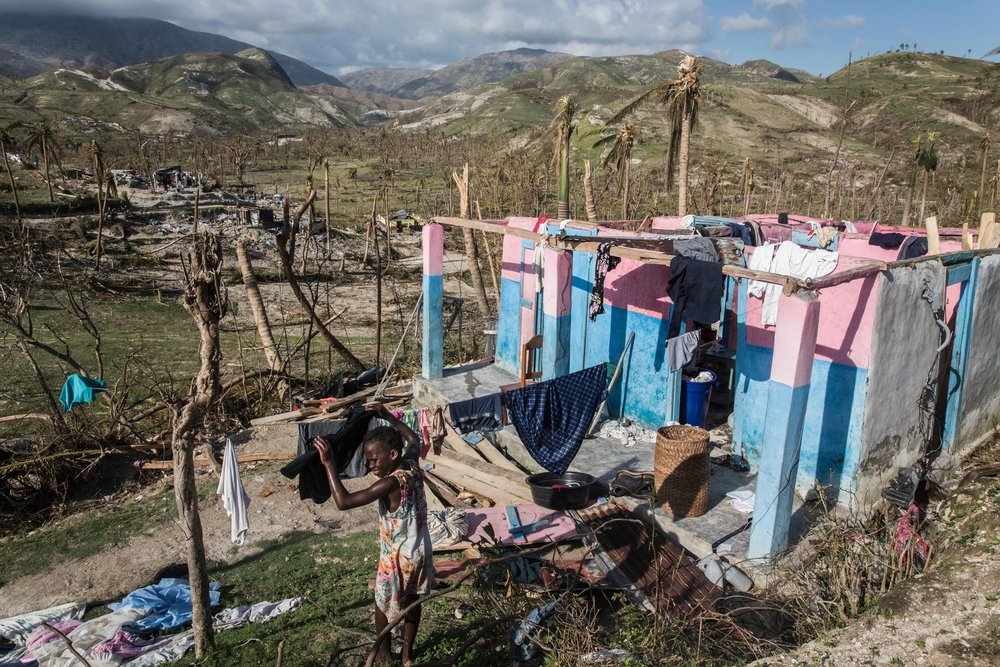
Teams from Doctors Without Borders (MSF) are continuing their assessments of areas of Haiti affected by Hurricane Matthew on the Tiburon peninsula as well as the Artibonite and Northwest departments.
In Jérémie, MSF found that the reference hospital has suffered damage and lacks water and electricity. There are a significant number of hurricane survivors with infected wounds and also cholera cases. The MSF team carried out 250 medical consultations this weekend.
After the hurricane, which struck on October 4, access to the affected areas is difficult. Haitian officials report a death toll in the hundreds that continues to rise. The risk of cholera is very high in affected areas. But the full scale of damage and the exact nature of the healthcare needs are yet to be determined.
In Port-à-Piment, people are drinking water from untreated sources, and there are cases of cholera. Yesterday, an MSF team brought medical supplies to the town and treated 39 cholera patients.
In Petite Rivière de Nippes, an MSF team carried out about 200 medical consultations in the last two days. There is a fairly high presence of foot wounds from walking in flooded areas and reports that many people are drinking river water because of the lack of clean water.

An MSF team that traveled to the Artibonite and Northwest departments found that several health centers and cholera treatment centers were damaged, as were wells and water networks. Many farms are damaged. The population is collecting water from rivers and other untreated water points.
MSF teams are working to reach more affected areas in the southwest. Access remains difficult due to damage to bridges and roads. MSF is also planning to assess the needs in nearby mountainous areas in the coming days.
In addition, MSF runs multiple projects in the Port-au-Prince metropolitan area: the burns unit in Drouillard Hospital, the Martissant 25 emergency center, the Nap Kenbe Emergency Surgical Hospital, the Centre de Référence des Urgences en Obstétrique (CRUO), the Pran Men'm clinic for survivors of sexual and gender-based violence, and the Figaro cholera treatment center that can be operational in a few hours. MSF also supports the Diquini center for cholera patients.
Find out more about MSF's work in Haiti.